When Paul Newman graced the silver screen, he didn’t just act – he transformed cinema forever. His piercing blue eyes and magnetic charisma captured the hearts of generations, making him more than just a movie star. He was a true American icon who redefined what it meant to be a leading man.
1. Butch Cassidy in “Butch Cassidy and the Sundance Kid” (1969)
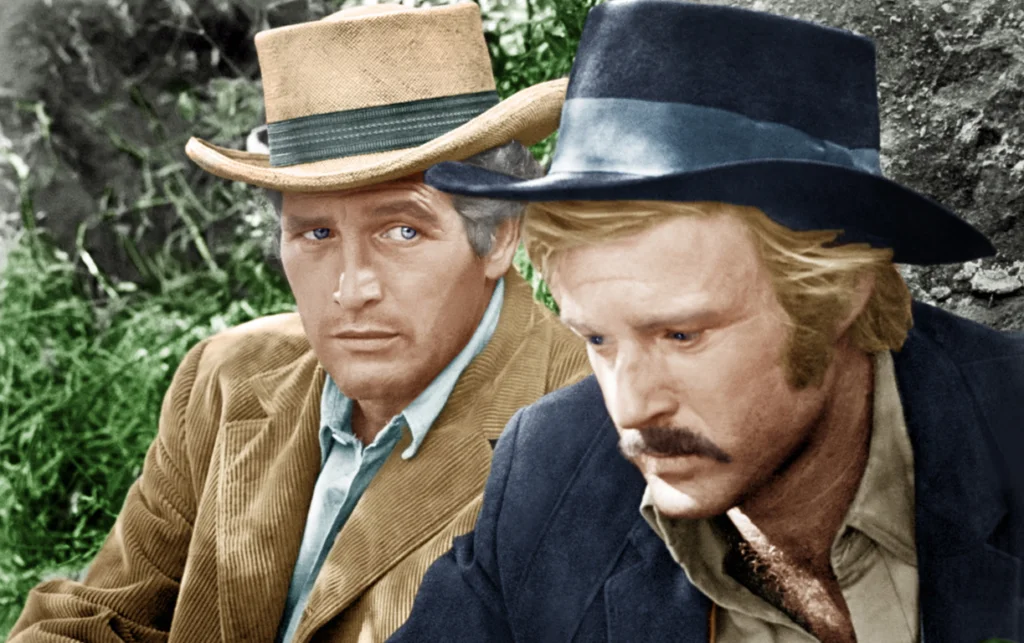
Newman’s portrayal of the charming outlaw Butch Cassidy remains etched in film history like a perfectly preserved photograph. His chemistry with Robert Redford was electric, creating a buddy dynamic that felt both rebellious and deeply authentic. The film’s blend of humor, adventure, and ultimately tragic heroism made Newman a symbol of cool defiance. For additional insight into this game-changing series, Remind unveils several secrets even the biggest fans might not know.
The way Newman played Butch – with that trademark mischievous grin and effortless swagger – transformed the traditional Western hero. He wasn’t just a gunslinger, but a complex character who challenged the genre’s stereotypes. His performance spoke to a generation yearning for heroes who were human, flawed, and genuinely likable.
2. Eddie Felson in “The Hustler” (1961)
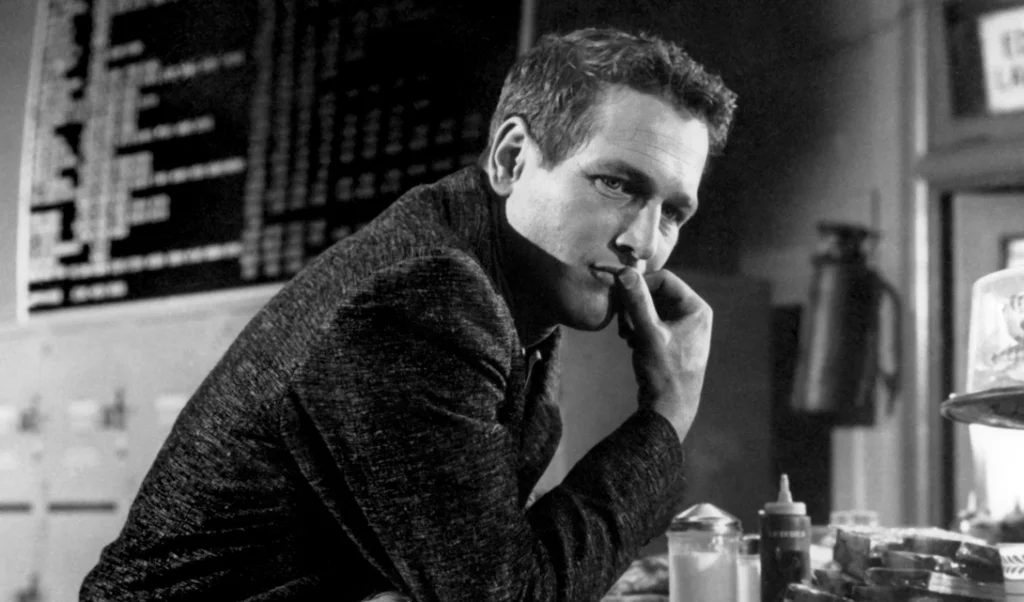
Long before pool halls became nostalgic relics, Newman breathed life into Eddie Felson, a pool shark with dreams bigger than his talents. His portrayal was so raw and intense that viewers could almost smell the cigarette smoke and hear the clack of billiard balls. The character’s internal struggle between ambition and integrity became a metaphor for an entire generation’s aspirations. According to some trivia revealed by Mental Floss, Newman’s performance in this almost wasn’t going to even exist.
Newman didn’t just play Eddie Felson; he inhabited him completely, revealing the vulnerable soul beneath the tough exterior. His nuanced performance showed that true strength wasn’t about winning, but about maintaining one’s dignity. The film became a landmark moment in Newman’s career, proving he could dive deep into complex emotional territories.
3. Luke Jackson in “Cool Hand Luke” (1967)
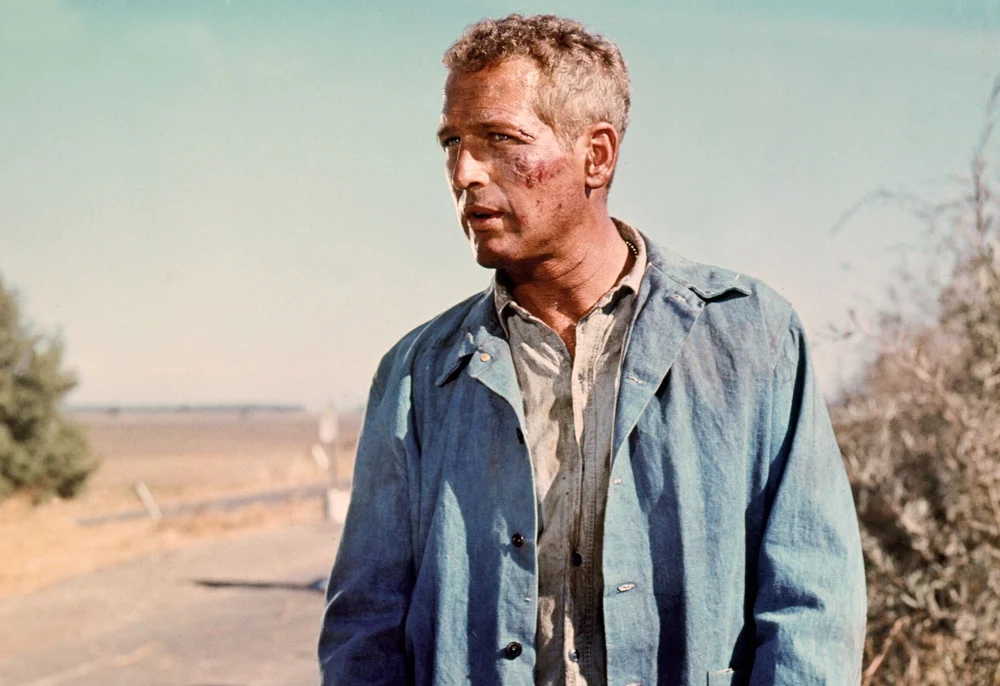
In “Cool Hand Luke,” Newman created a character so rebellious and charismatic that he became an instant symbol of anti-establishment resistance. His portrayal of Luke, a prisoner who refuses to be broken by the system, resonated deeply with audiences during a tumultuous social era. The famous egg-eating scene alone became a cultural touchstone that people still discuss today. As revealed by IMDb, Newman’s culinary endurance for one part was actually the product of some clever editing.
Newman’s Luke was more than just a character – he was a philosophy, a way of facing adversity with wit, humor, and unbreakable spirit. His performance captured the zeitgeist of a generation questioning authority and challenging societal norms. Every defiant smile and clever quip felt like a small revolution against conformity.
4. Brick Pollitt in “Cat on a Hot Tin Roof” (1958)
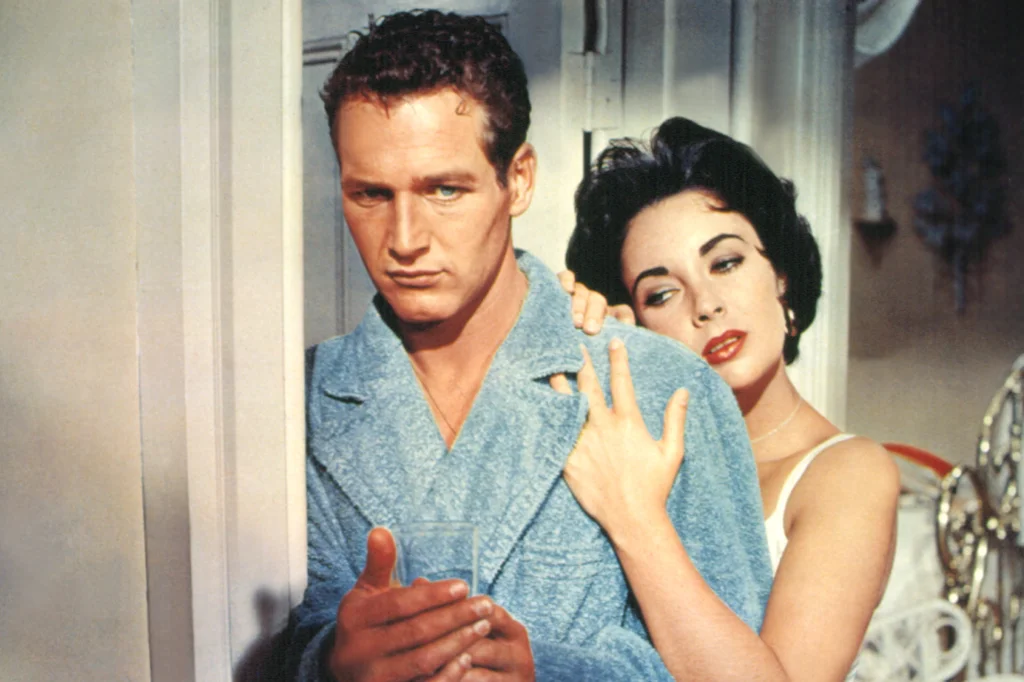
Adapting Tennessee Williams’ complex play, Newman brought remarkable depth to Brick Pollitt, a character wrestling with personal demons and family expectations. His nuanced portrayal of a man struggling with grief, masculinity, and self-acceptance was groundbreaking for its time. Newman managed to convey profound emotional pain with remarkable subtlety.
The way Newman navigated Brick’s internal conflict was nothing short of mesmerizing, revealing layers of vulnerability beneath a seemingly tough exterior. His performance transformed what could have been a melodramatic role into a deeply human exploration of pain and reconciliation. Audiences were captivated by his ability to communicate so much with just a glance.
5. The Hudsucker Proxy’s Sidney J. Mussburger (1994)
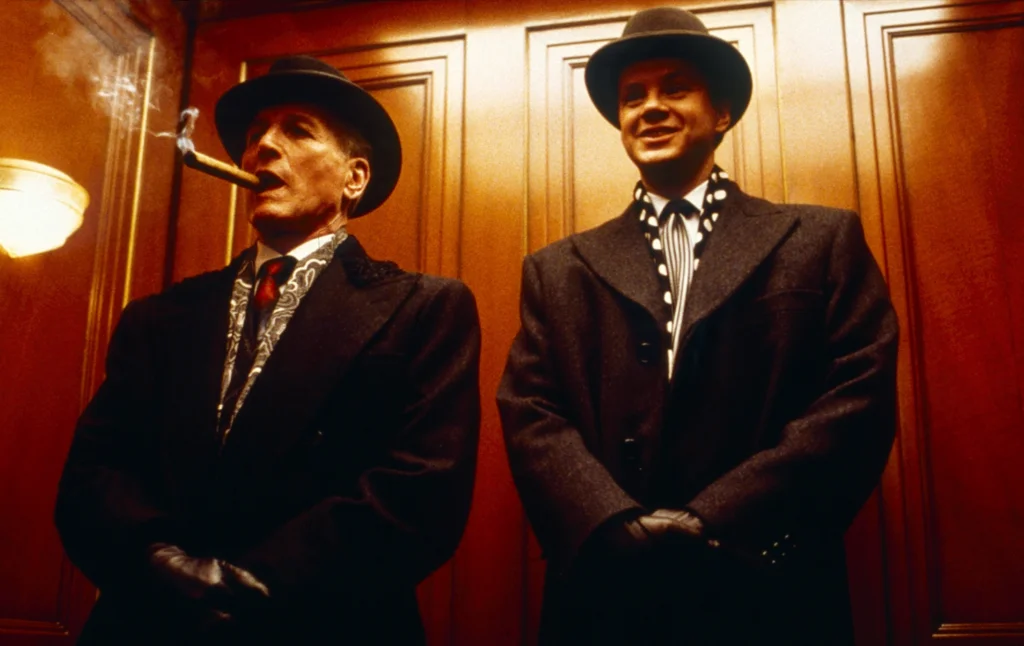
In this later-career role, Newman proved his continued relevance and comedic brilliance. Playing a corporate schemer in the Coen Brothers’ stylized world, he brought delightful complexity to what could have been a one-dimensional character. His performance was a masterful blend of satire and genuine human emotion.
Newman’s ability to inhabit different genres remained undiminished, showing that true talent transcends age and trend. He brought depth and nuance to a satirical role, making audiences both laugh and think. The performance was a testament to his extraordinary versatility.
6. Slapshot’s Reggie Dunlop (1977)
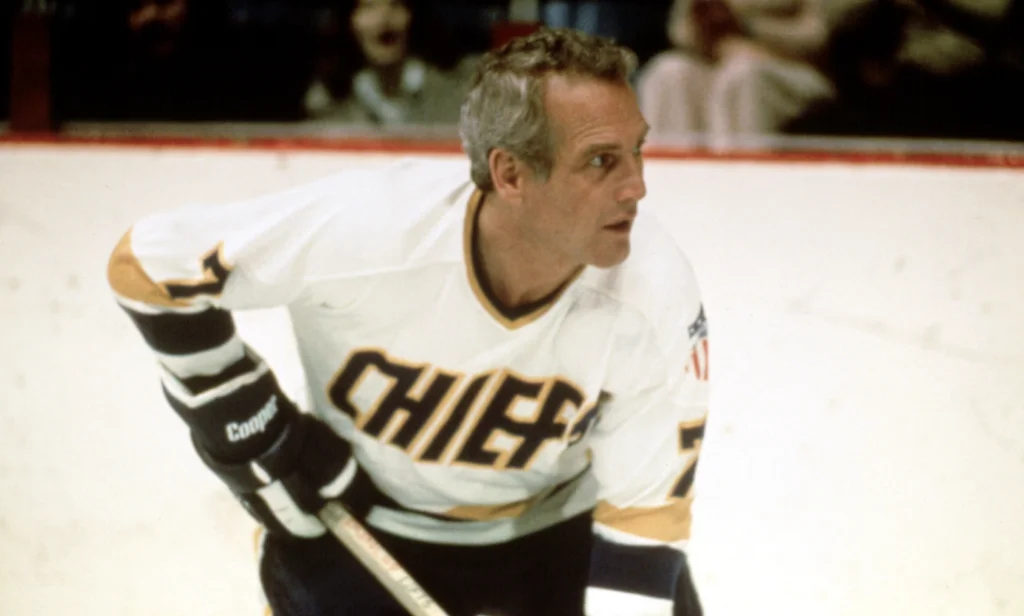
In “Slapshot,” Newman turned a minor-league hockey comedy into a profound commentary on working-class America. His character, Reggie Dunlop, was a perfect blend of cunning, charm, and desperation, representing countless individuals trying to maintain dignity in challenging economic times. The film’s humor masked a deeper exploration of community and survival.
Newman’s comedic timing was impeccable, but he never let the laughs overshadow the underlying social commentary. His Reggie was both hilarious and heartbreaking, a coach fighting to keep his team and his dreams alive. The performance became a masterclass in balancing humor with genuine human emotion.
7. Frank Galvin in “The Verdict” (1982)
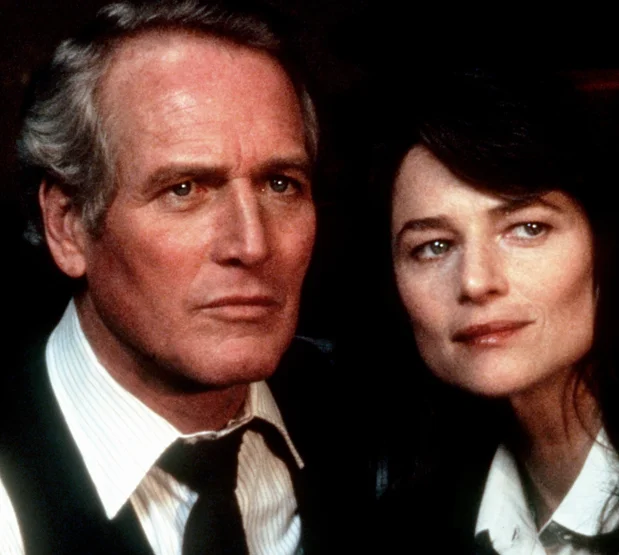
As Frank Galvin, a down-on-his-luck lawyer seeking redemption, Newman delivered one of his most powerful dramatic performances. His portrayal of an alcoholic attorney fighting a seemingly impossible medical malpractice case became a stunning exploration of personal and professional resurrection. Every moment felt authentic, stripped of Hollywood glamour.
Newman’s ability to show vulnerability without seeking pity was extraordinary in this role. He transformed Frank from a broken man to a beacon of moral courage, inspiring viewers with his gradual transformation. The performance earned him an Academy Award nomination and solidified his reputation as more than just a pretty face.
8. Hud Bannon in “Hud” (1963)
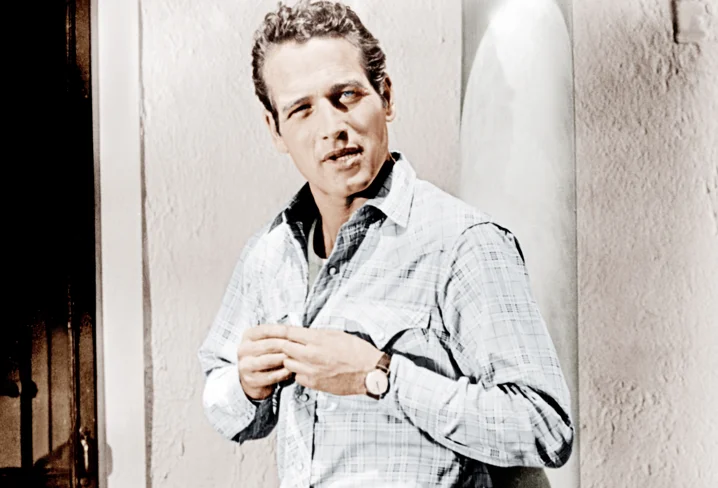
In “Hud,” Newman created one of cinema’s most memorable anti-heroes, a selfish and charming rancher whose moral bankruptcy is both repulsive and magnetic. His performance captured the complexity of a character who is simultaneously attractive and deeply flawed. The film challenged traditional notions of heroism and masculinity.
Newman’s portrayal revealed the emptiness behind Hud’s swagger, making him a critique of a certain type of American masculinity. His nuanced performance showed how charisma can mask deep personal dysfunction. The role became a critical milestone in Newman’s career, proving his range as a dramatic actor.
9. Henry Gondorff in “The Sting” (1973)
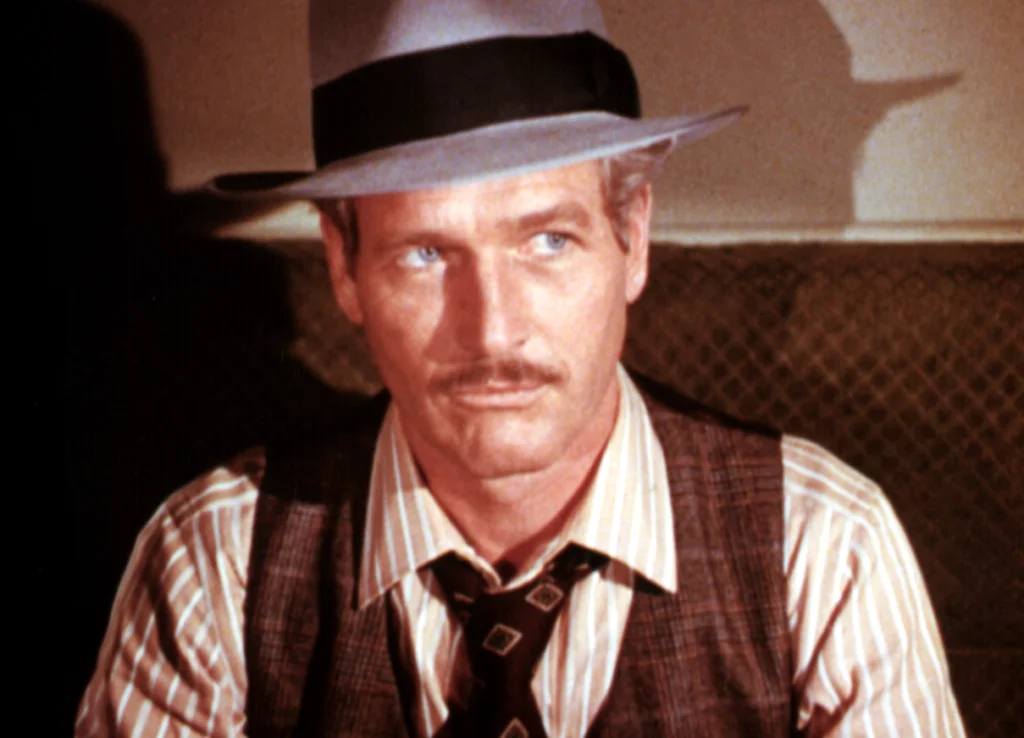
Reuniting with Robert Redford, Newman brought incredible charm to Henry Gondorff, a seasoned con man seeking elaborate revenge. His performance was a masterful blend of wit, strategy, and pure entertainment. The film became a beloved classic, showcasing Newman’s exceptional ability to make morally questionable characters thoroughly likable.
Newman’s chemistry with Redford was once again magical, creating a partnership that felt both spontaneous and meticulously crafted. Their playful interactions made complex criminal schemes feel like elaborate dance numbers. The film captured the spirit of resilience and creativity during challenging economic times.
10. Ben Quick in “The Long, Hot Summer” (1958)
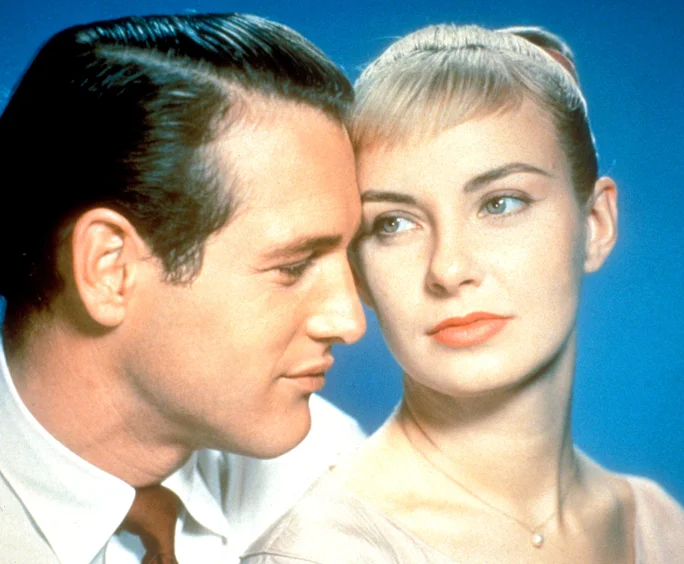
In “The Long, Hot Summer,” Newman played Ben Quick, a drifter who disrupts a small Southern town’s dynamics with his raw energy and mysterious past. His performance captured the tension between traditional social structures and emerging individual freedom. The character became a metaphor for societal change brewing beneath conservative surfaces.
Newman’s portrayal balanced danger and charisma, making Ben Quick both threatening and irresistibly attractive. His interpretation went beyond the typical “outsider” trope, revealing complex emotional depths. The performance established Newman as a performer who could transform potentially stereotypical roles into nuanced character studies.
11. Absence of Malice’s Michael Gallagher (1981)
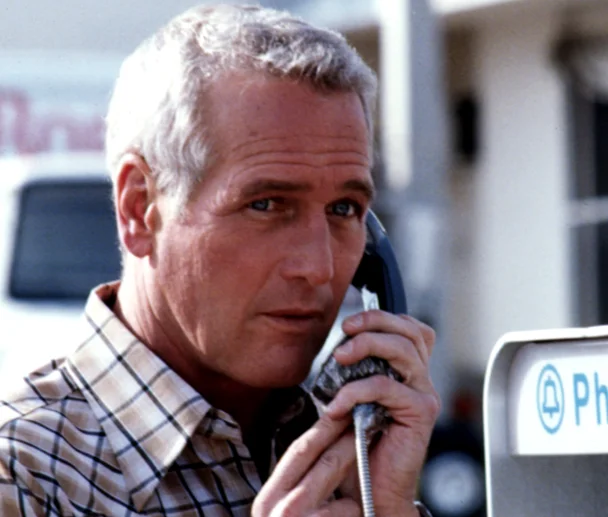
As Michael Gallagher in “Absence of Malice,” Newman navigated a complex narrative about media ethics and personal integrity. His character, caught in a journalistic witch hunt, became a powerful exploration of truth and manipulation. The performance was subtle, allowing viewers to feel the profound personal cost of institutional carelessness.
Newman brought remarkable restraint to a role that could have easily become overly dramatic. He portrayed Gallagher’s quiet dignity in the face of public scrutiny with extraordinary sensitivity. The performance became a nuanced critique of media sensationalism that remains remarkably relevant today.
12. The Color of Money’s Eddie Felson Reprisal (1986)
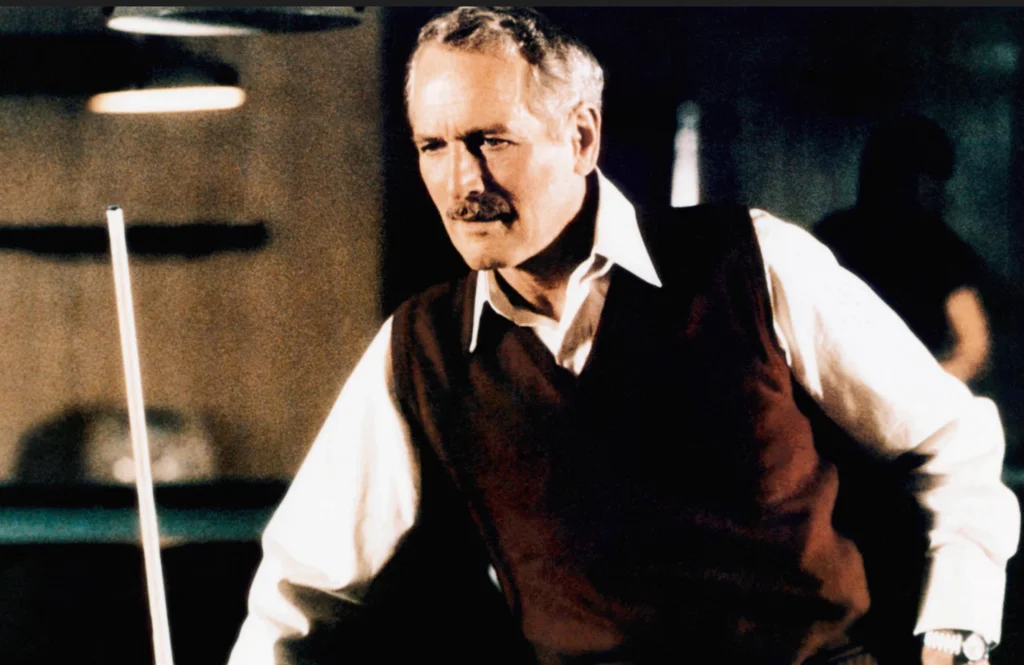
Returning to the character of Eddie Felson 25 years after “The Hustler,” Newman delivered a performance that was both a continuation and a profound reimagining. His older, wiser version of the pool shark won him an Academy Award, proving that great acting knows no age limit. The role was a masterful meditation on ambition, mentorship, and personal growth.
Newman’s chemistry with Tom Cruise created a dynamic that was both competitive and deeply paternal. He transformed what could have been a mere sequel into a sophisticated exploration of generational differences. His performance reminded audiences that wisdom and passion are ageless.
13. Somebody Up There Likes Me’s Rocky Graziano (1956)
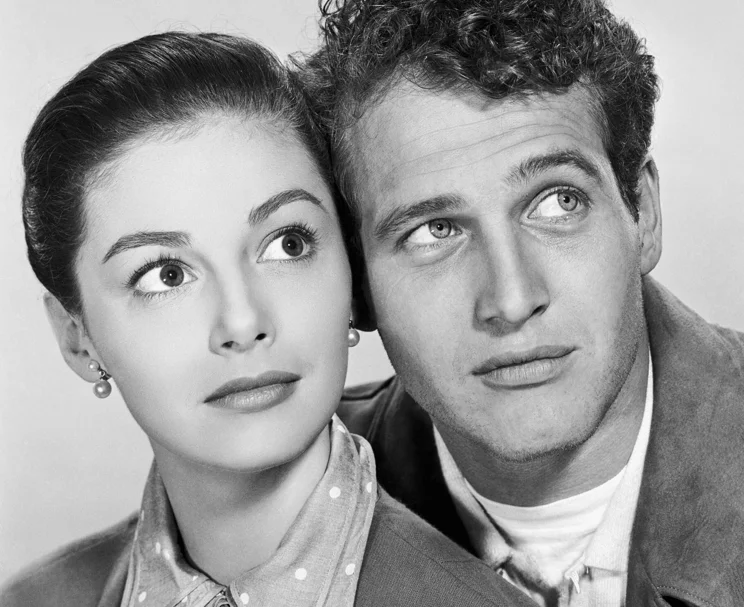
In this early biographical role, Newman brought boxer Rocky Graziano to life with remarkable authenticity and energy. His performance captured the rough-and-tumble world of mid-century boxing while revealing the human vulnerability beneath the tough exterior. The film established Newman as a serious dramatic actor capable of profound character transformation.
Newman’s portrayal went beyond mere physical mimicry, diving deep into Graziano’s psychological landscape. He showed how environment and personal choices shape an individual’s trajectory. The performance became a powerful narrative about redemption and self-determination.
14. Rally ‘Round the Flag, Boys! (1958)
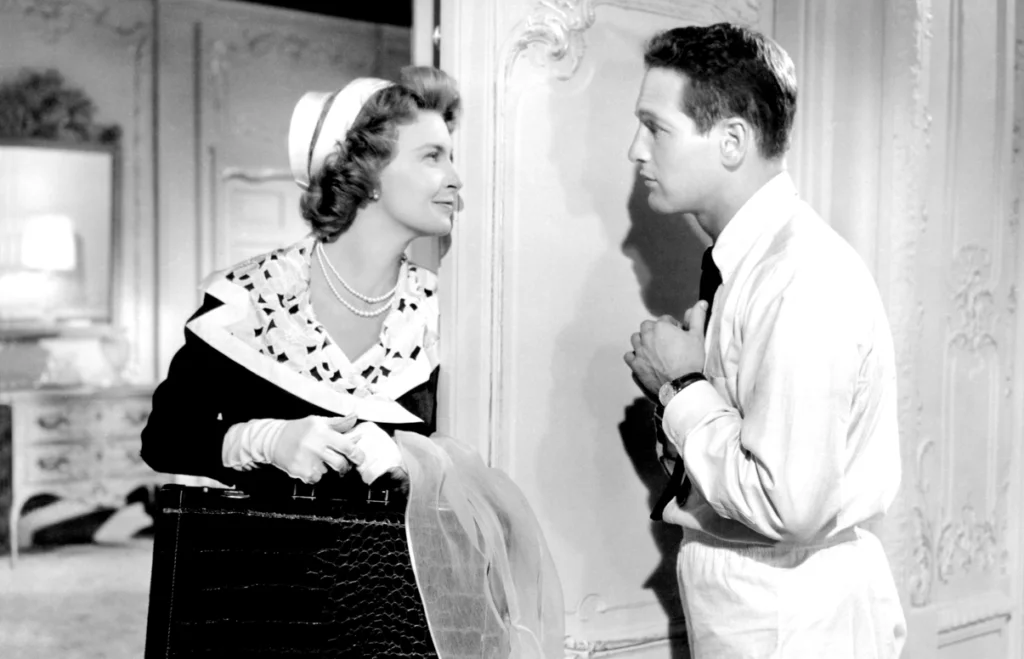
In this comedic role, Newman demonstrated his exceptional comedic timing and charm. Playing a suburban husband navigating Cold War-era anxieties, he brought warmth and humor to a potentially stressful societal moment. The film became a delightful snapshot of American domestic life during a complex historical period.
Newman’s performance balanced physical comedy with genuine emotional sincerity. He made the character’s struggles relatable and entertaining, transforming potential melodrama into genuine human comedy. The role showcased his ability to find humor in everyday life’s challenges.
When we reflect on Paul Newman’s incredible career, we’re not just remembering an actor – we’re celebrating an artist who transformed American cinema. His roles were more than performances; they were profound explorations of the human condition. Newman didn’t just entertain us; he helped us understand ourselves a little better.


